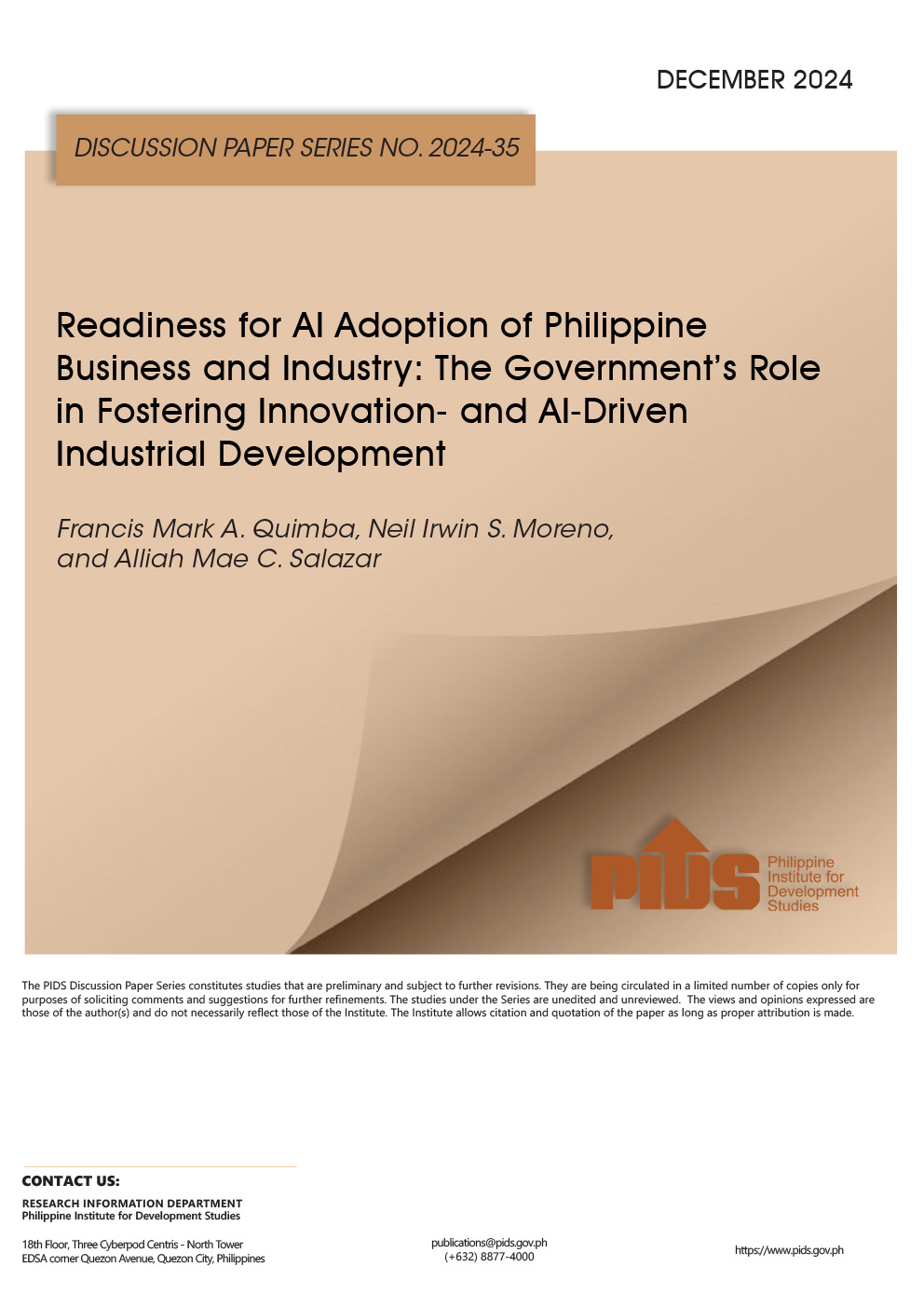The Philippine Institute for Development Studies (PIDS) is urging block farmers to enter into agribusiness venture agreements (AVAs) instead of lease agreements to protect their incomes.
In a new paper which reviewed block farming operations in the country, the state-run think tank said block farmers, particularly agrarian reform beneficiaries (ARBs), should be provided with increased government support for capital and machinery for production to post-production as well as irrigation so they would not be forced to merely lease their land holdings to private businesses.
Three of the country’s biggest export crops—banana, pineapple, and sugarcane—are covered under the Comprehensive Agrarian Reform Program (CARP).
As these are plantation crops, small landholdings are organized into block farms to attain economies of scale and ensure production efficiency.
Through AVAs, ARBs who were awarded with lands planted with high-value crops such as banana and pineapple, can implement an agribusiness venture with private investors to make farming more economically viable for them because risk and capital are shared.
PIDS, however, noted that the block farming system has been the subject of increasing scrutiny following reports that ARBs have not been successful in their partnerships with private investors as shown in a 2016 study of the United Nations Food and Agriculture Organization.
These prompted lawmakers to review the AVAs and change some of the provisions governing how they are implemented.
“While it is true that many farmers have entered into one-sided contracts, there are also existing agreements which have benefitted the farmers as indicated,” the PIDS said.
PIDS said without adequate capital, farmers would always be tempted to go into lease agreements without thinking of the consequences.
“Financial assistance is needed by the farmer to ensure that recommended inputs are applied. If government cannot provide the needed capital, it should look into the possibility of providing subsidized inputs to farmers or cooperatives. Farm machinery, and irrigation should also be available and accessible to them,” it added.
PIDS said the government could provide the necessary policy support such as pushing for lower tariffs for banana and pineapple.
“Doing so can potentially increase the country’s share in the global market for these high-value crops,” it said.
For sugar block farming to be successful, PIDS said the government should lobby for the imposition of a quota on corn syrup beginning this year to ensure that local demand for sugar would increase and to protect prices.












